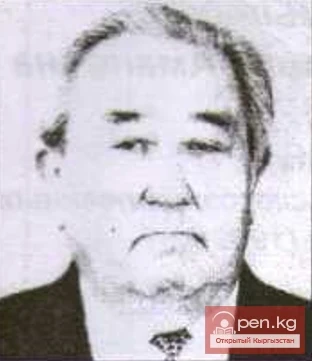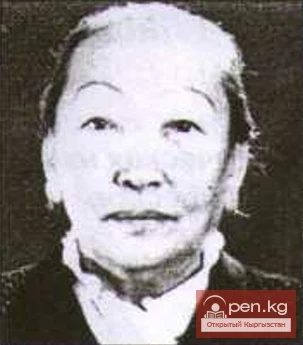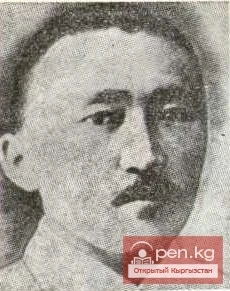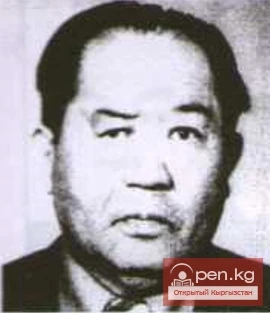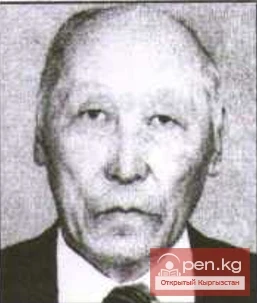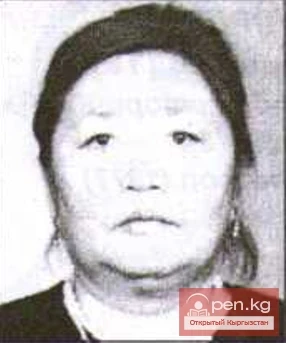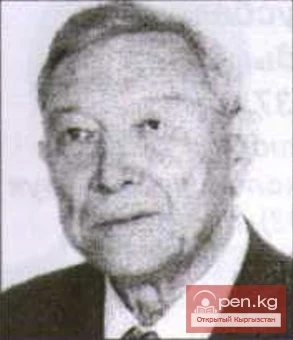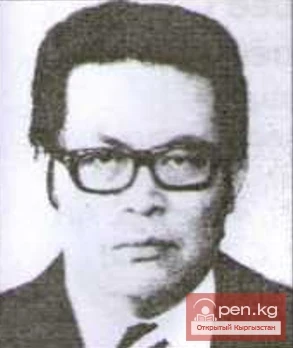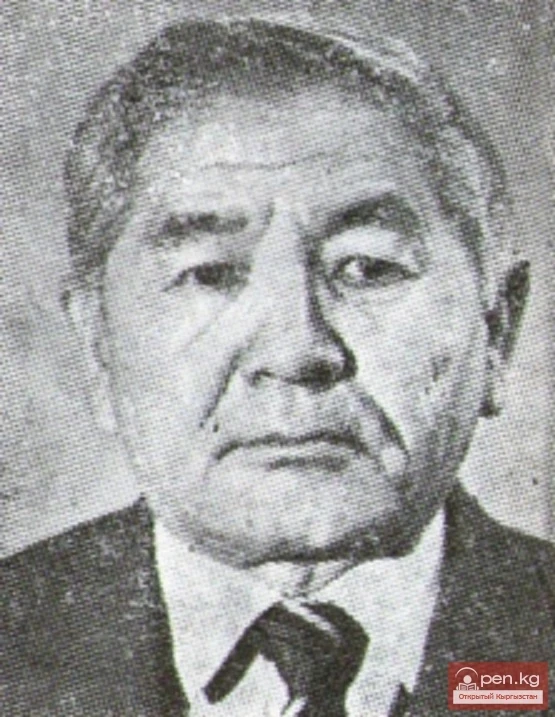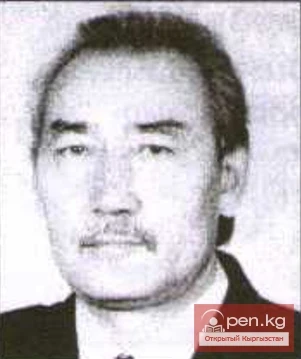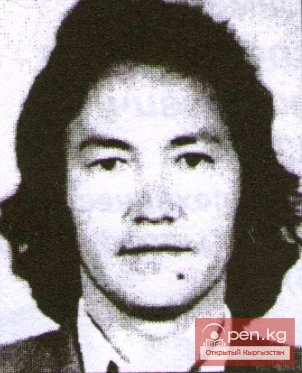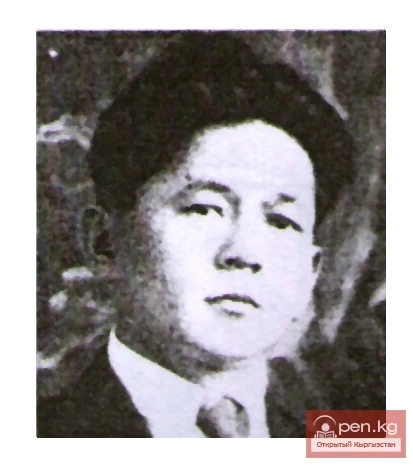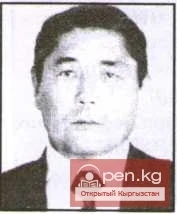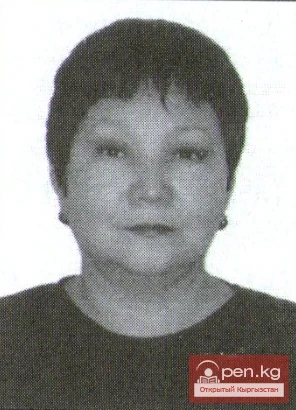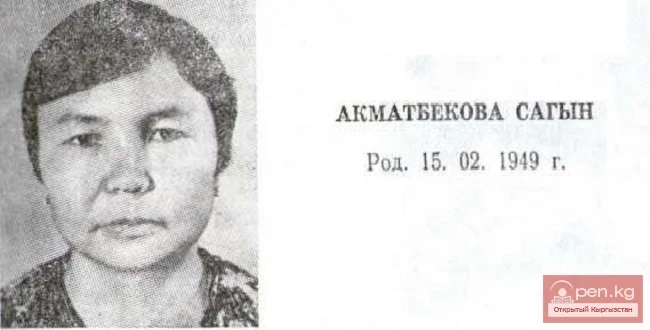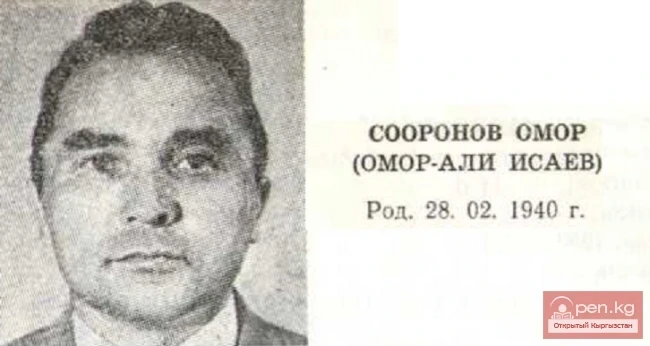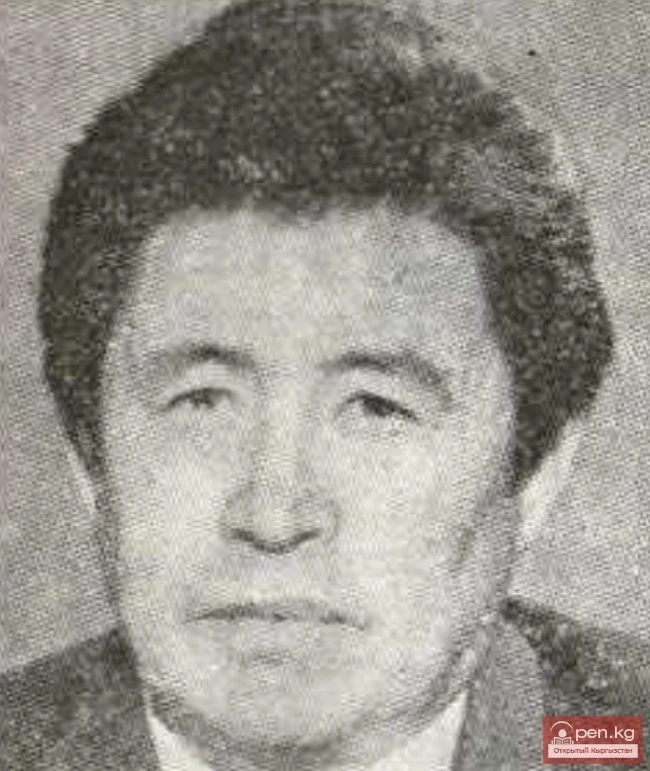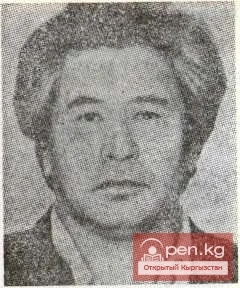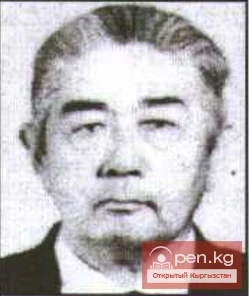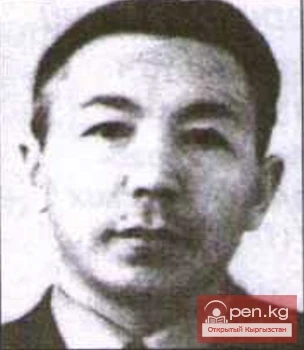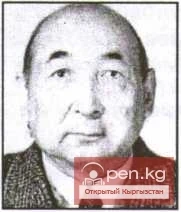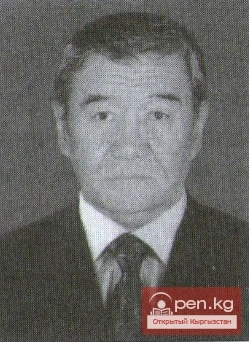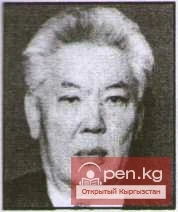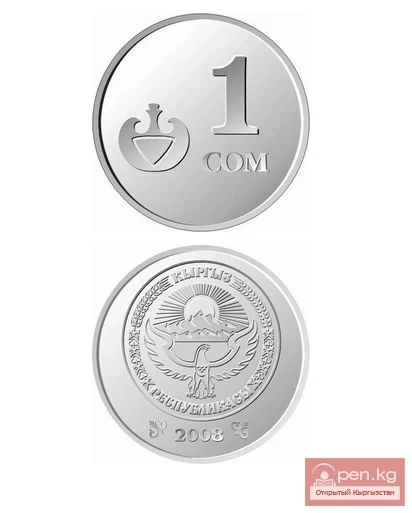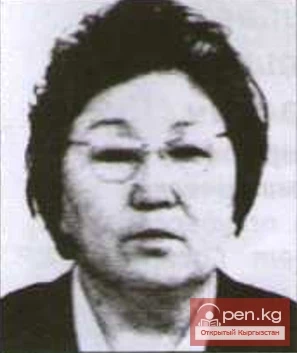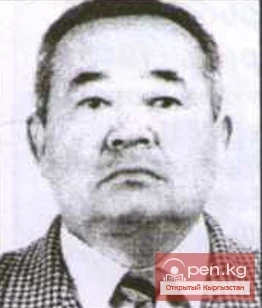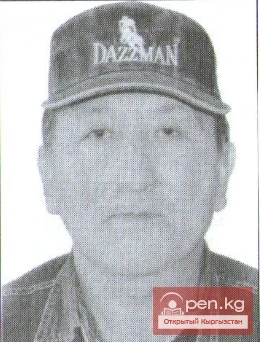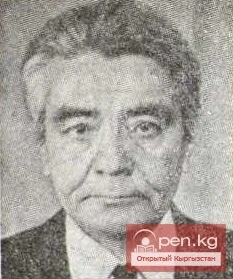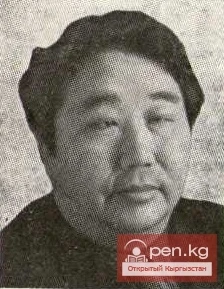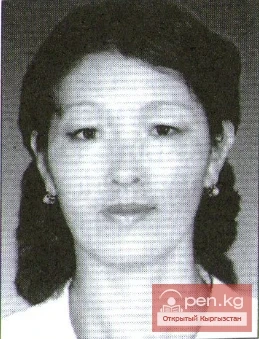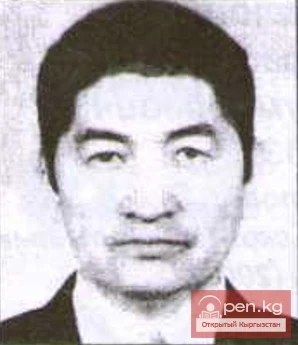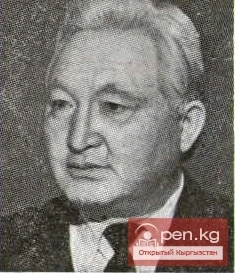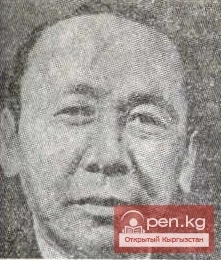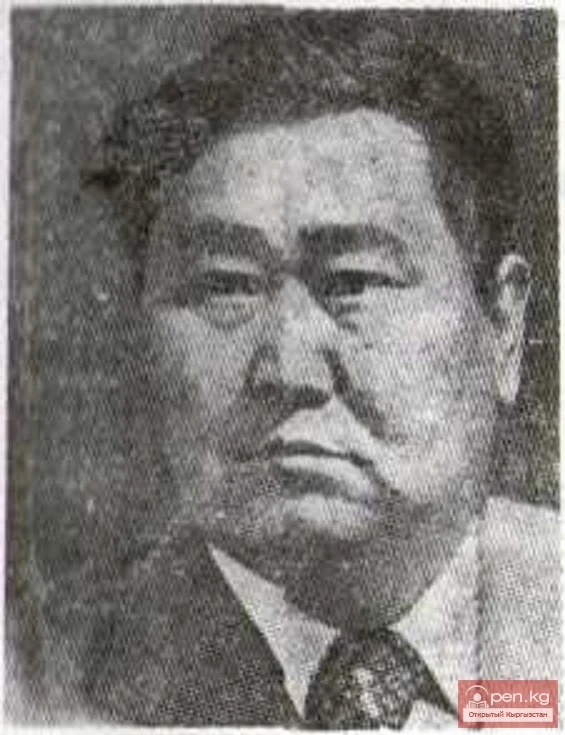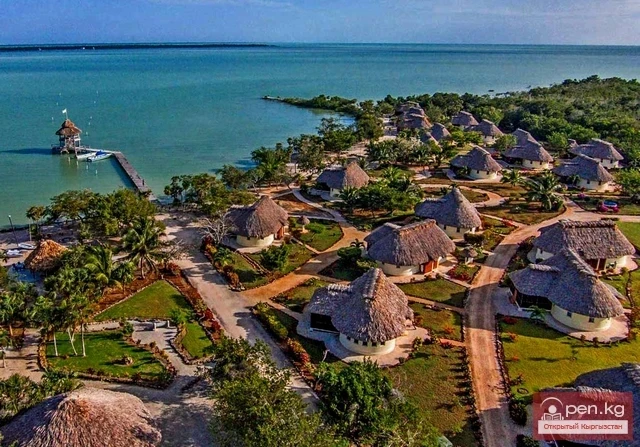
Belize
A country in the southeast of the Yucatán Peninsula in Central America. Area - 23,000 km². Capital - Belmopan (8,000). Administrative division - 6 districts. Population - 251,000 (2004); 25% - Creoles, 48% - Mestizos of Spanish and Indigenous descent, 10% - Europeans, the rest - Indigenous peoples and "Black Caribs." Official language - English, Spanish is also widely spoken. Religion: 50% of believers are Catholics, 27% are Protestants. Currency - Belize dollar = 100 cents.
It has diplomatic relations with the Russian Federation (established with the USSR on June 25, 1991).
National holiday - September 21 - Independence Day (1981).
Belize is an independent state, part of the Commonwealth headed by Great Britain. According to the constitution of September 21, 1981, the head of state is recognized as the Queen of Great Britain, represented by the Governor-General (since 1993 - C. N. Young). Legislative power belongs to the National Assembly, consisting of the Senate (12 appointed members) and the House of Representatives (29 deputies, elected for 5 years).
The executive power is exercised by the government, headed by the leader of the party that received the majority in parliamentary elections. Since August 1998, the Prime Minister is S. Musa, leader of the People's United Party.
Political parties: The People's United Party (PUP) - founded in 1950, reflects the interests of the small and medium bourgeoisie, enjoys support from urban workers, farmers, and the intelligentsia. It adheres to a social-democratic orientation. It has been the ruling party in 1954-84, 1989-93, and since August 1998. It holds 21 seats in the House of Representatives. The United Democratic Party (UDP) - founded in 1974, center-right orientation; represents the interests of pro-English and local bourgeoisie and merchants advocating for maintaining close ties with the former metropolis. Leader - D. Barrow. It holds 8 seats in the House of Representatives.
Trade unions: The United General Workers' Union - established in 1979, is a member of the International Confederation of Free Trade Unions; National Trade Union Congress of Belize.
The territory of Belize was conquered by the Spanish in the early 16th century. In the 1630s, English colonists began to infiltrate the area. Attempts by the Spanish to oust the English were unsuccessful. From 1840, Belize began to be referred to as British Honduras, and in 1862 it was officially declared a colony of Great Britain. In 1964, it gained internal self-government, in 1973 - its former name - Belize, and on September 21, 1981, it was proclaimed an independent state. On September 5, 1991, Guatemala, which previously regarded Belize as one of its departments, recognized its independence and established diplomatic relations with it.
Belize is a member of the UN (since 1981), OAS (since 1991), and the Caribbean Community.
Belize is an agrarian country (GDP in 2004 - 2 billion USD). The economy is primarily based on tourism and the service sector (about 55% of GDP), agriculture (accounting for about 22% of GDP), specializing in the production of sugarcane, citrus fruits, vegetables, and cocoa. Livestock and fishing are also developing. There are enterprises for processing agricultural products and timber, as well as textile production.
Exports include raw sugar (about 40% of total volume), citrus fruits, and bananas; imports include machinery and equipment. Main trading partners: USA, EU countries, Mexico, Caribbean Community countries.
External debt - 1.14 billion USD (2004). Unemployment rate - 11.5% of the working-age population. Literacy rate - 93%. GDP per capita - 6,500 USD (2004, estimate). Currency reserves - 314 million USD. Trade turnover - 1.04 billion USD, including exports - 519 million USD, imports - 525 million USD. Exports include raw sugar (40% of export volume), citrus fruits, bananas, fish, and shrimp, while imports include petroleum products, food, machinery, and equipment.
The length of paved roads is 2,800 km. The largest seaport is Belize City. There is an international airport.
The country has several higher education institutions, including the University of Belize (a branch of the University of the West Indies). The most popular publications are the newspaper "Belize Times" and the weekly "Amandala." There is no national television; there are 2 relay stations and 12 commercial radio stations. A government radio company operates.
